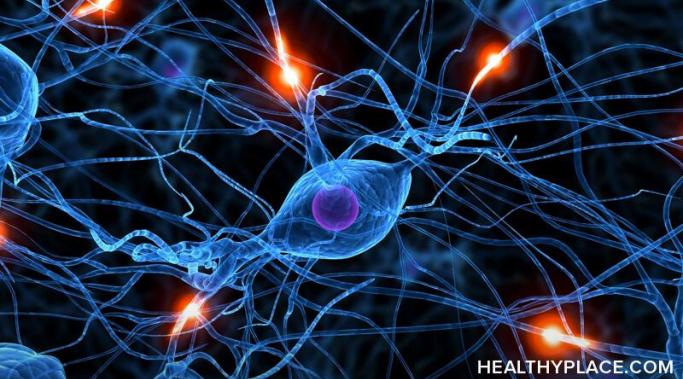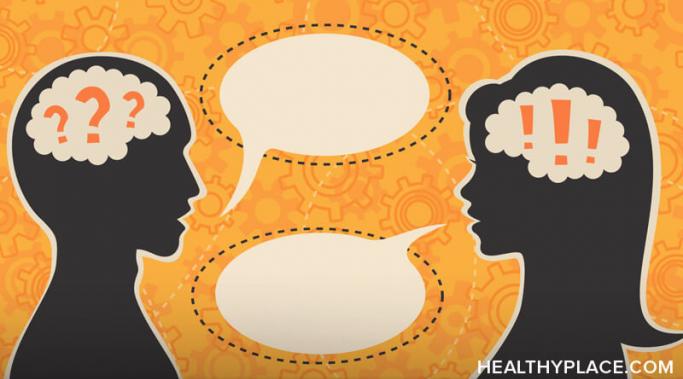Rejection sensitivity, in general, is difficult, but rejection sensitivity at work is especially hard since a certain level of professionalism is expected. I consider myself highly sensitive, so managing the fear of conflict or being disliked causes me tremendous anxiety. It wasn't until recently that I finally felt I had a sense of control over my emotions in the workplace. That doesn't mean that rejection sensitivity at work isn't difficult, however.
Communication
I've used art to manage my mental illness. Art and tapping into creativity is an excellent source of self-therapy. When I was in intensive therapy during a difficult point of my life, I was introduced to art as therapy. I was skeptical at first, but the idea that art could help manage my mental illness and be soothing and stress-relieving opened a new door for me in my recovery.
Career development is a priority for me, and while navigating the professional world is tricky enough, throwing in the challenges that come with managing a mental illness with a career makes the situation even more difficult. As someone who struggles with focus and drastically fluctuating energy levels, work can feel impossible, leaving me emotionally and mentally drained. The desire to succeed professionally can be much more difficult when there are extra mental obstacles, but there are ways to make the process easier. Having a mental illness and a career is possible.
Self-help books have been immensely helpful in my journey to recover from mental illness and generally improve my self-worth, but despite their usefulness, I'm often ashamed to admit how many self-help books I read. In my family, I'm known as the "self-help junkie" and teased as if that is a bad thing.
Polyvagal theory has become an integral part of my healing journey as I learn to accept and cope with my trauma. But what is polyvagal theory? Let's talk about it.
I can't connect with people anymore. There are so many people in my life who I love so dearly, but lately, I haven't been able to feel connected to them in any meaningful way. Even though part of my brain is telling me that something is horribly wrong with me because I can't connect with others, I think this may actually be affecting lots of other people in recovery. So I think we should talk about some of the real reasons why I can't connect with people right now.
Rapid weight change due to mental illness is challenging enough without dealing with people's reactions. I've experienced rapid weight loss and gain on three separate occasions. The most dramatic weight change I survived was a 30-pound loss that left me looking like a skeleton with dark circles under my eyes. The only thing more shocking was people telling me how great I looked.
For the last year or so, I have been doing a lot of work to process my childhood trauma. I've been in therapy, I've been taking psychiatric medication, I've been doing outside reading, and my therapist and I even found a way to work one of my favorite TV shows into my trauma work. In general, I think it's going really well, except for one problem: parenting. I don't know how to avoid causing my son the same trauma that happened to me.
Therapy has been my number one tool in my recovery, but every now and again, my therapist is wrong about something, and it freaks me out. I've had several therapists over the years, and in the past, when a therapist misunderstood something I said or made an assumption that was incorrect, I had no idea how to respond. I felt ignored, wrong, and bad, and I had no idea how to say any of this to them. But it doesn't have to be that way. It is possible to speak up when you're being misunderstood.
Let's face it: there are a lot of aspects of mental illness that can be traumatic, and mental health misdiagnosis can also be traumatic. What happens when we don't even have the mental illness we think we have? I was diagnosed with bipolar disorder six years ago, found out that diagnosis was incorrect two years ago, and now a huge part of my recovery is dealing with the fallout and trauma of that misdiagnosis.









